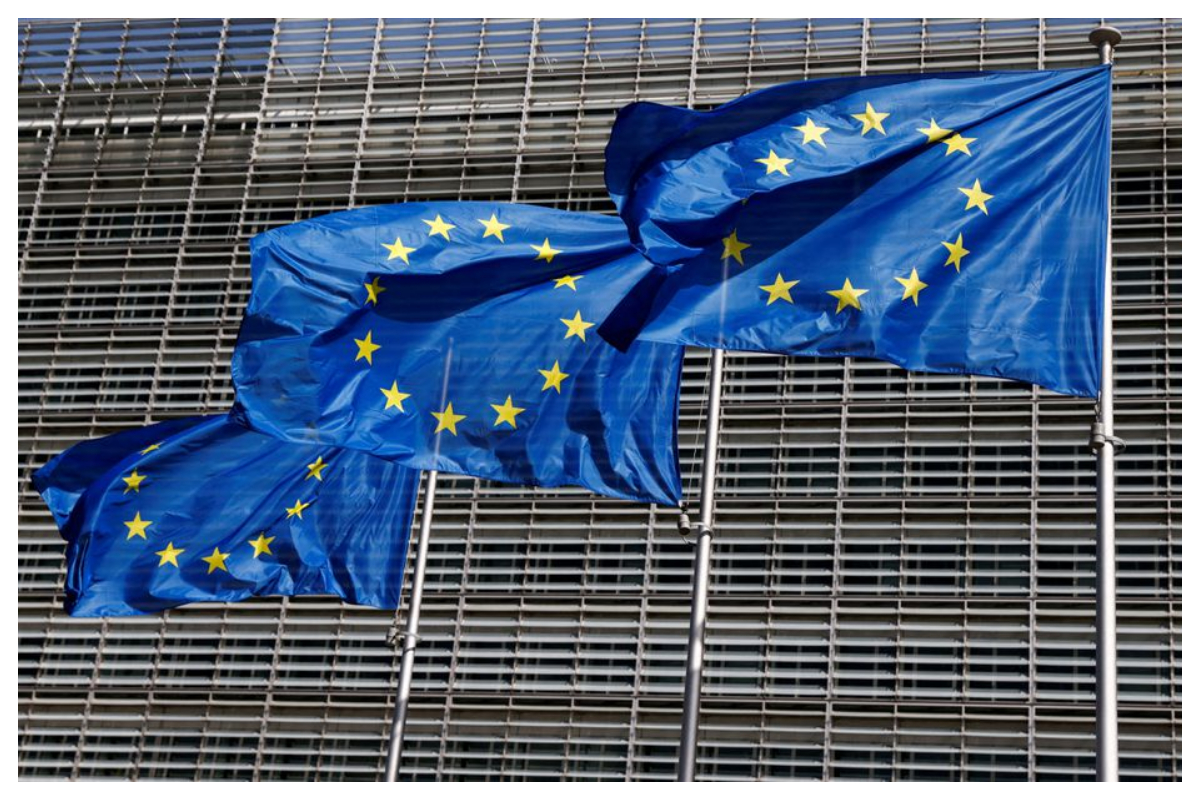- The EU is planning to make exceptions to its harsh sanctions against Moscow.
- Exemptions would unblock assets at Russian banks related to the food and fertilizer trade.
- It comes as Brussels battles Moscow’s allegations that sanctions are causing a global food crisis.
The European Union is planning to make exceptions to its harsh sanctions against Moscow in order to unblock assets at Russian banks related to food and fertilizer trade, according to a document released on Tuesday.
On the condition of anonymity, an EU diplomat told AFP that member countries “want to make it abundantly clear that nothing in the sanctions is slowing the transport of grain out of Russia or Ukraine.”
The EU’s proposal is part of the bloc’s latest sanction update that is being negotiated by member states. It will require unanimous approval to enter into force.
The derogation would be available to banks already blacklisted by EU sanctions when, according to the draft plan, “such funds or economic resources are necessary for the purchase, import or transport of agricultural and food products, including wheat and fertilizers”.
It comes as Brussels battles Moscow’s allegations that Western sanctions — and not its invasion of Ukraine — are causing a global food crisis.
One EU diplomat said allowing the food exception was “completely understandable”.
Shipments across the Black Sea have been blocked both by Russian warships and mines Kyiv has laid to avert a feared amphibious assault.
The food shortages have raised the risk of famine for tens of millions of people in poorer nations, particularly in Africa, where leaders have complained to the EU about the banking sanctions.
The United States said last week that it would not bar the sale of farm equipment to Russia nor prohibit the trade of agricultural commodities such as fertiliser.
Since February, when Russia invaded Ukraine, the EU has deployed an escalating series of six sanction packages against Moscow, with the latest intended to close loopholes.
The EU is also targeting Russian gold exports to fulfil a decision agreed by the world’s most industrialised nations at a G7 meeting in late June.
The measures are expected to be decided upon by EU envoys at a meeting on Wednesday morning, with an announcement later that day or on Thursday.
Hungarian Prime Minister Viktor Orban, the EU’s closest ally to the Kremlin, slammed the EU’s sanctions policy last week, claiming that Europe had “shot itself in the lungs” by hurting Europeans more than Russia.
[embedpost slug=”g7-talks-on-fresh-russian-sanctions-are-driving-up-oil-prices/”]





















